We’ve got used to facemasks, endless hand sanitising and jumping back when someone gets too close to us, but the next frontier might be getting used to restrictions on supermarket supplies due to subtle stockpiling behaviours. In the same way that we wouldn’t expect to waltz out of the shops with 18 packets of paracetamol, we may see restrictions on those classic pandemic staples — flour, eggs, anti-bacterial wipes and toilet roll.
But when you look around, you rarely see the culprits - and that’s because stockpiling isn’t just the people taking part in their own version of Supermarket Sweep, bagging up loo rolls and sacks of rice in a trolley piled to the rafters. It’s a collective effort of many, the shoppers adding ‘a few extra purchases’ of products they normally buy as well as a few purchases of categories that they don’t often buy into their trolley or basket and doing this more frequently. This all adds up.

Are you guilty of doing this? There can be many reasons people stockpile, but it all comes down to ‘looking after number one’. By securing your own non-perishable goods, you can act in quelling your base fears.Paul Marsden, a consumer psychologist at the University of the Arts London states:
“It’s about ‘taking back control’ in a world where you feel out of control.”
“More generally, panic buying can be understood as playing to our three fundamental psychology needs of autonomy, for control and the feeling of competence, which is achieved when making a purchase gives people a sense that they are smart shoppers.”
But whilst logically we know that taking the last 12 pack of Andrex is unlikely to have much lasting benefit beyond a short term ‘win’ of securing the paper as you see it dwindle in the shops, sneaking in a few extras leaves us all struggling for a short period. There are other reasons to stick to your normal list too.
1. You’re probably wasting money
A study has shown that an average shopper spends £200 a year bulk buying and that typically ends up in the bin. This adds up to £10bn a year across the UK alone, which created food and packaging waste and the damage caused when food releases methane into the atmosphere as it breaks down. It’s rubbish for the environment and not ideal for your conscience either if someone else would have used those items.
2. Supply chains work on forecasting so there’s enough to go around
Forecasting means that back in December 2019, you wouldn’t have given a second thought to if something would be in stock. You went shopping, came home and ate what you needed. Even though December and the Christmas season represents a period when we spend far more on food with a range of diverse items as we prepare to celebrate, your mental state was (mostly) calm and collected and the supermarkets didn’t run dry of Terry’s chocolate oranges or boxes of clementines.
That’s due to forecasting. Replenishing items only when stock is low is no longer viable so supermarkets use real-time data to forecast the potential sales and demand of their items through predictive analytics, highlighting which items are in demand, which ensures items are always in stock at the optimised amount. In short, smart systems can predict behaviours — if we all act in our ‘typical’ manner.

3. You’re taking up space in your own home
Sacks of pasta and endless tins of carrots and peas have to be stored somewhere. If your daily diet is purely made up on non-perishable food, then this storage is probably not a worry for you, but if you’re buying ‘just in case’ — your taking food that people could need to store at home- and this is food you are spending money on which you may not even enjoy or want to use unless you were desperate.
If the shops remain open (highly likely) and the supply chain wasn’t disrupted by acts of stockpiling, you could continue to eat normally, choosing whatever fresh food you wish, when you want.
4. It’s only a problem if we make it a problem

The empty shelves don’t represent a global lack of product but instead, a slower delivery system than usual due to unprecedented demand. In short, there is no need to panic and while the absence of products we use can awaken the Neanderthal in all of us, we must resist grabbing the last item unless we need it. If we all keep our behaviour normal and reasoned, supermarkets will quickly get back towards the replenishment of stock, and the problem will gradually subside in the next few weeks, which is better for everyone. In the meantime, if you really do need a cup of sugar, some carrots or even a loo roll — why not ask a friendly neighbour? It might be awkward, but it’s 2020 after all, and it’s all for the greater good.
About Orderly
Orderly has worked with large chains, including Morrisons, to implement ecommerce solutions that support direct-to-consumer offerings.

Supermarkets struggling to provide enough delivery slots was a well-document issue during lockdown, which meant more food being wasted in warehouses. Within six days, Orderly deployed a direct-to-consumer offering, with an ecommerce front-end and “pick and pack” direct from the warehouse using a third party for delivery. It was later expanded to provide priority slots for the vulnerable and NHS workers.
Using technology to influence responsibility and change people’s behaviour is the best way to embed sustainability inside organisations, which in turn drives resilience. With the right data flows in place, companies can make better decisions and much faster.
To find out more, book a demo of our supply chain management software.


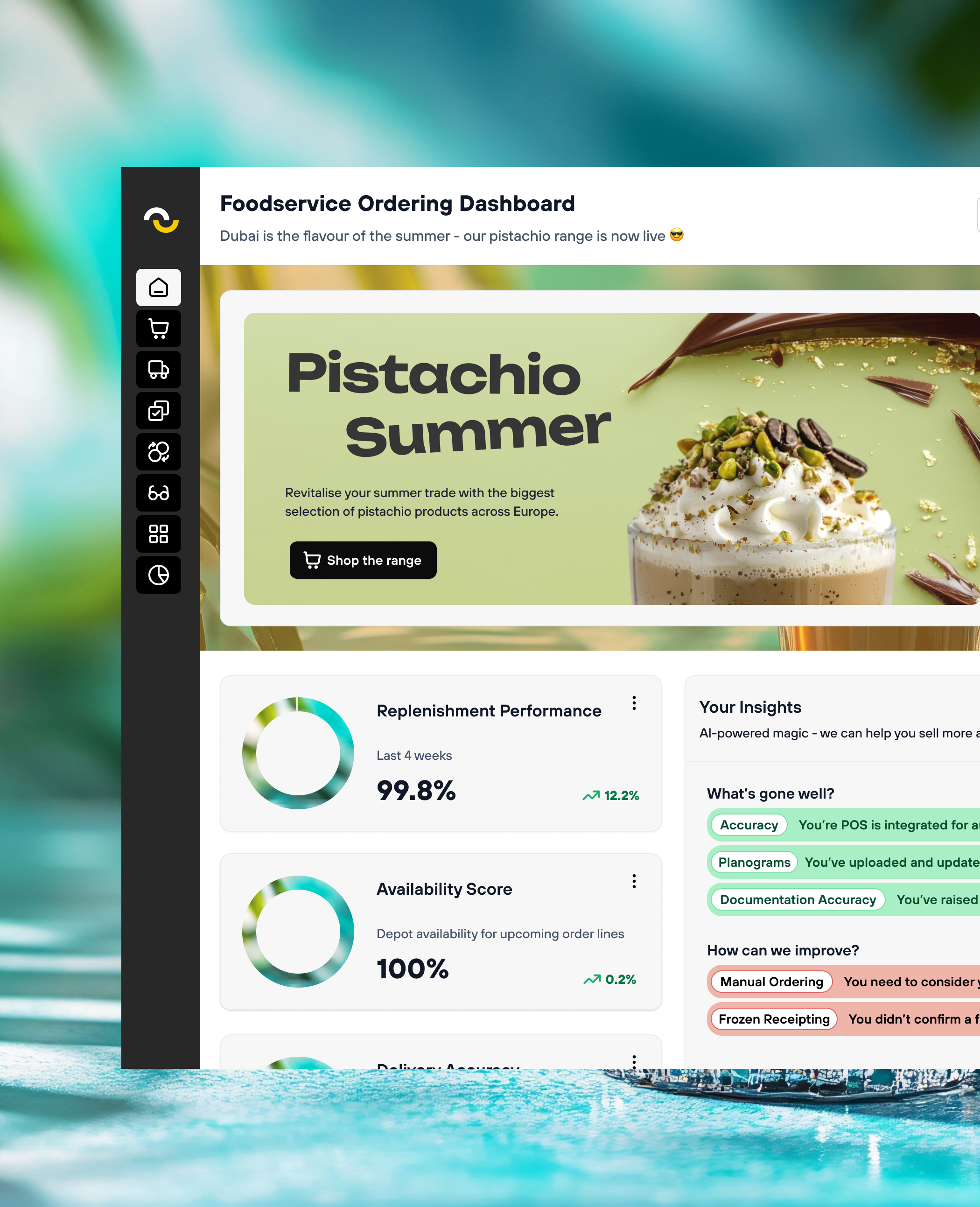

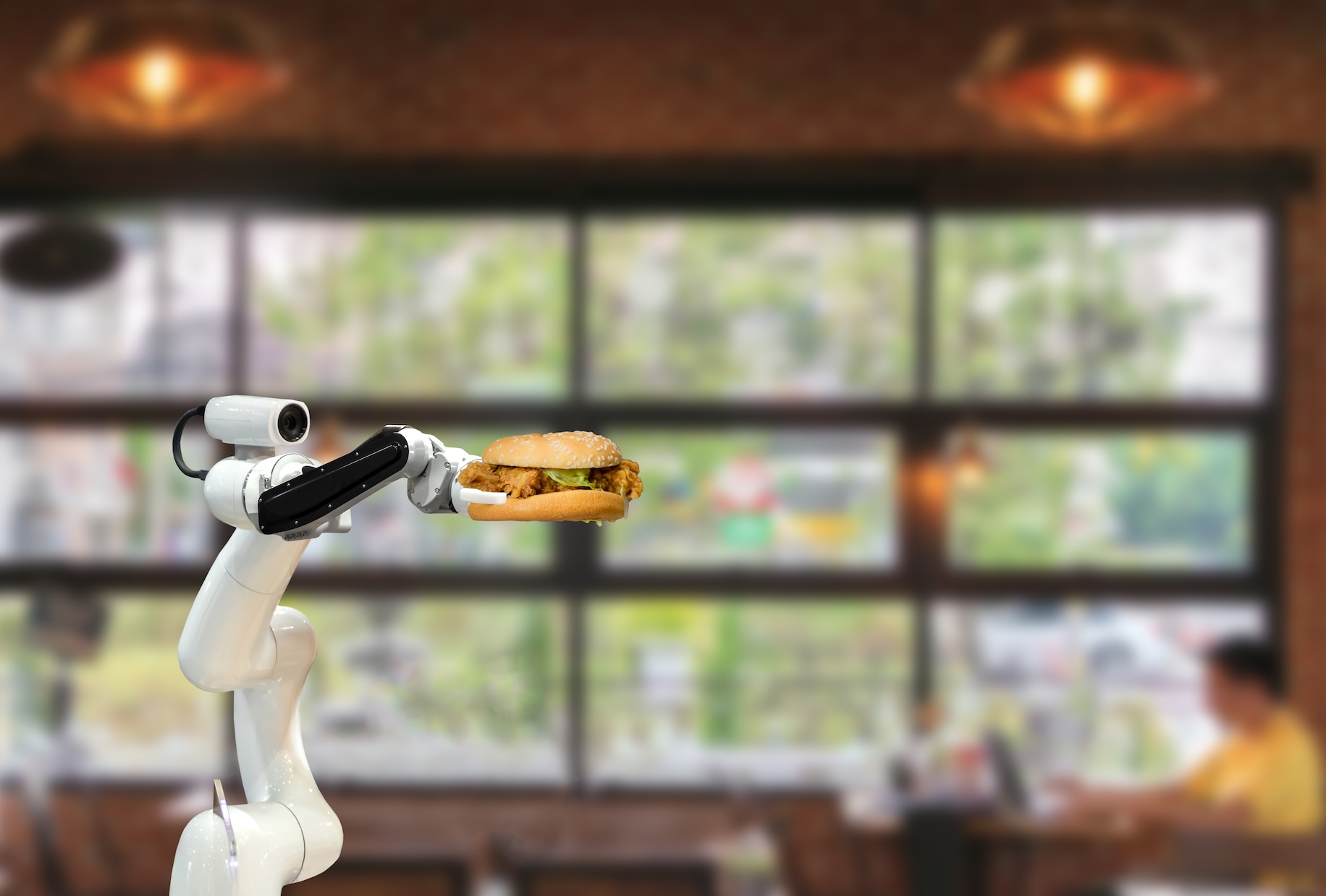
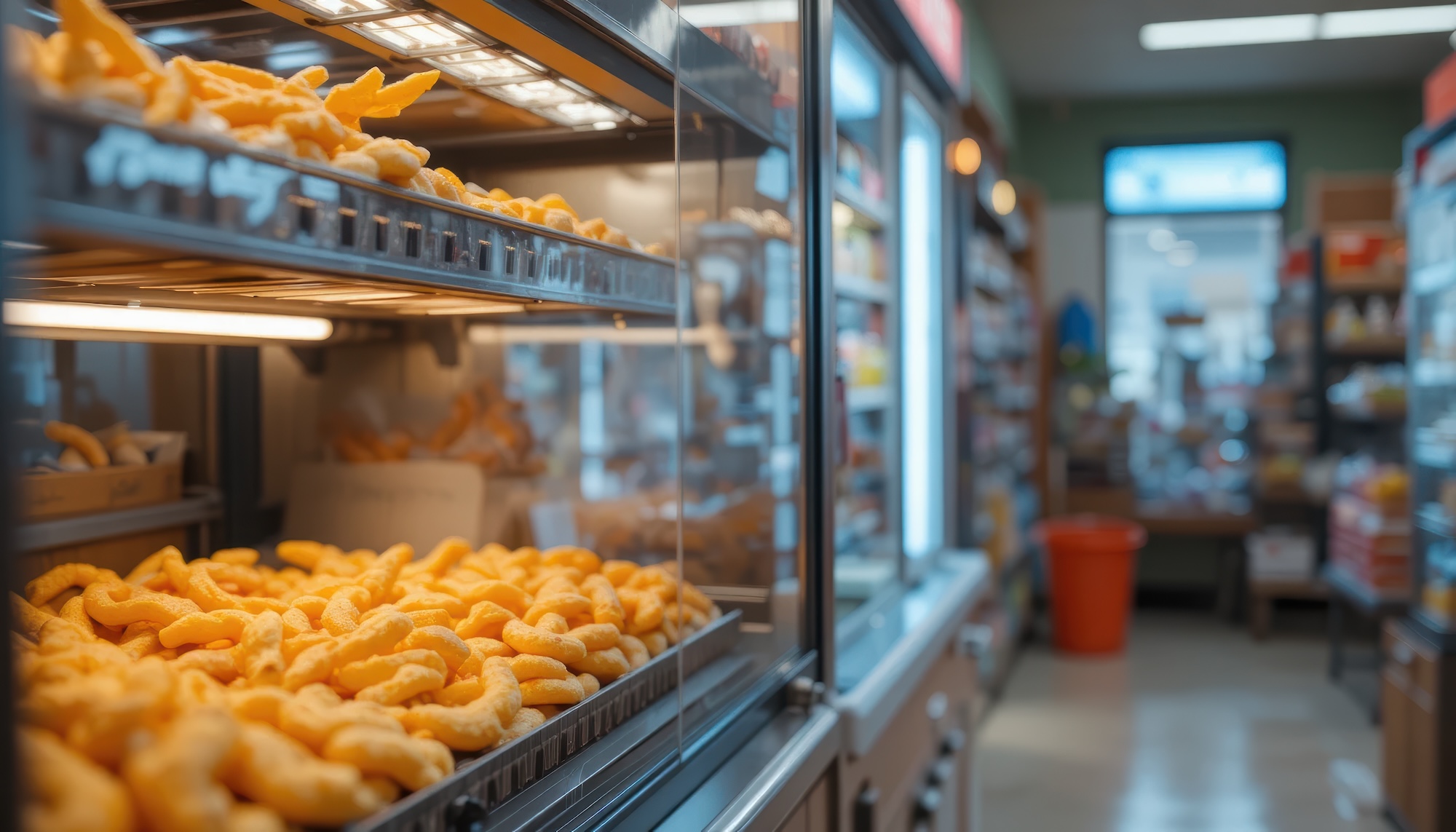

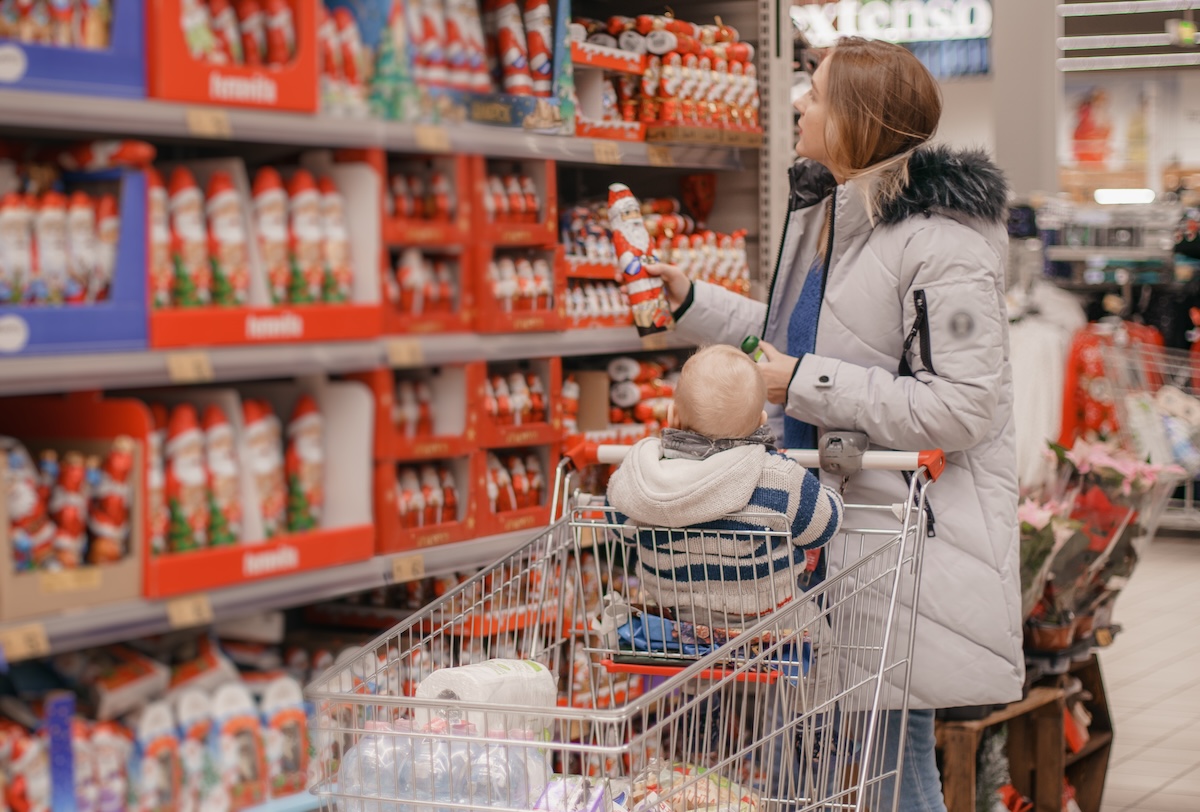
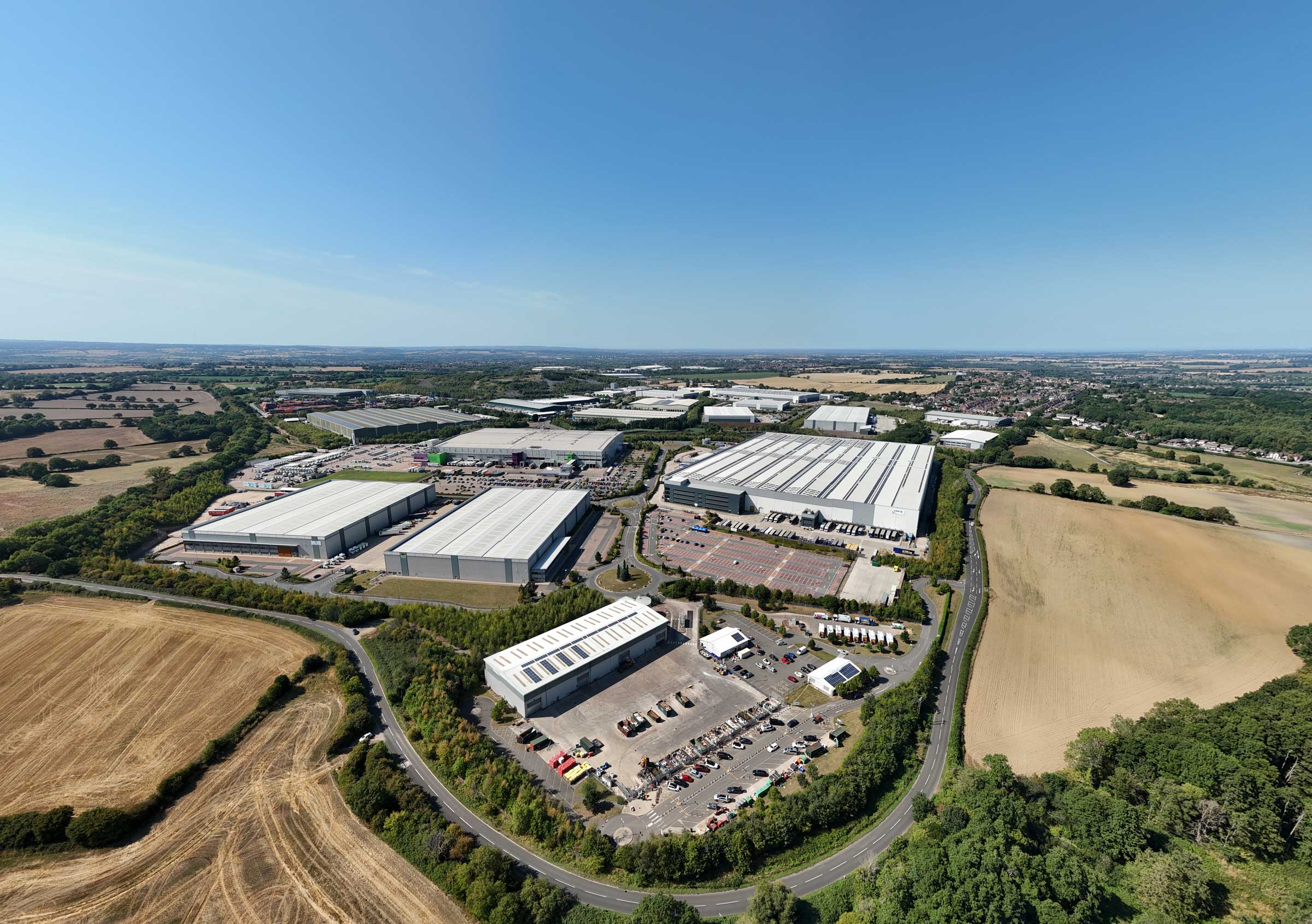

.svg)

.svg)
.svg)